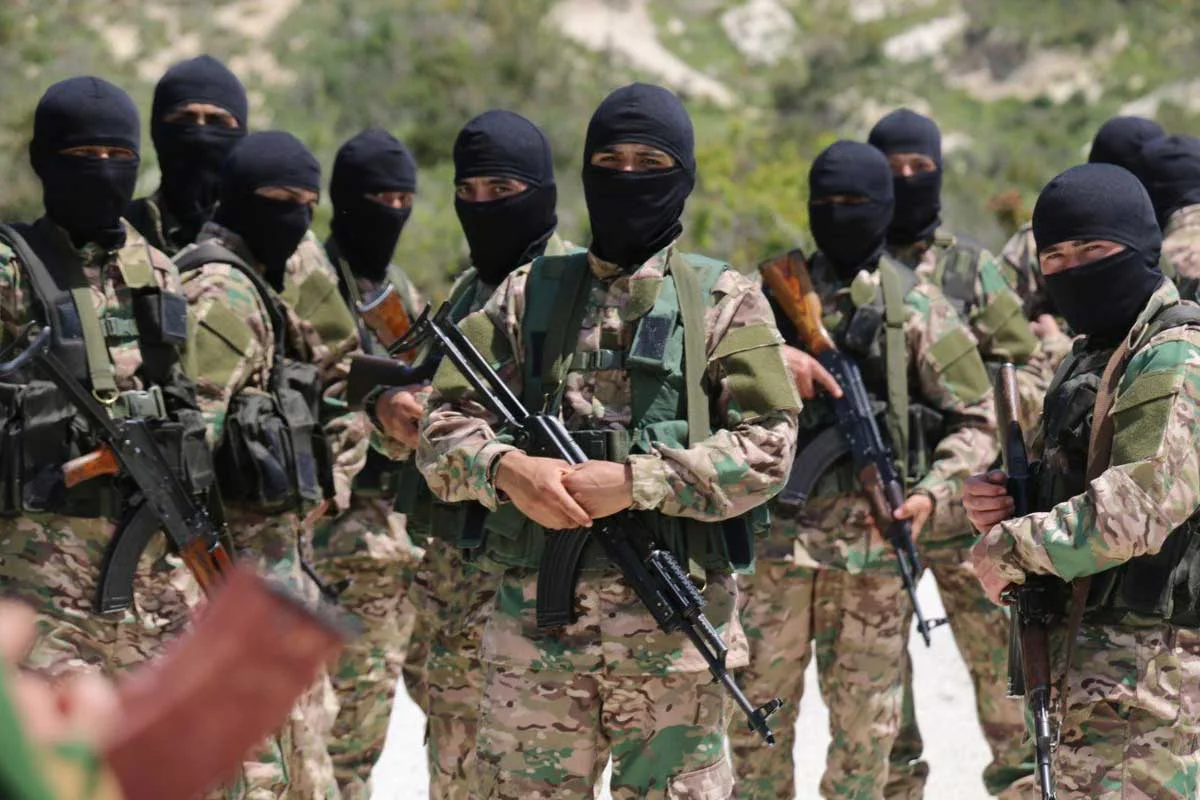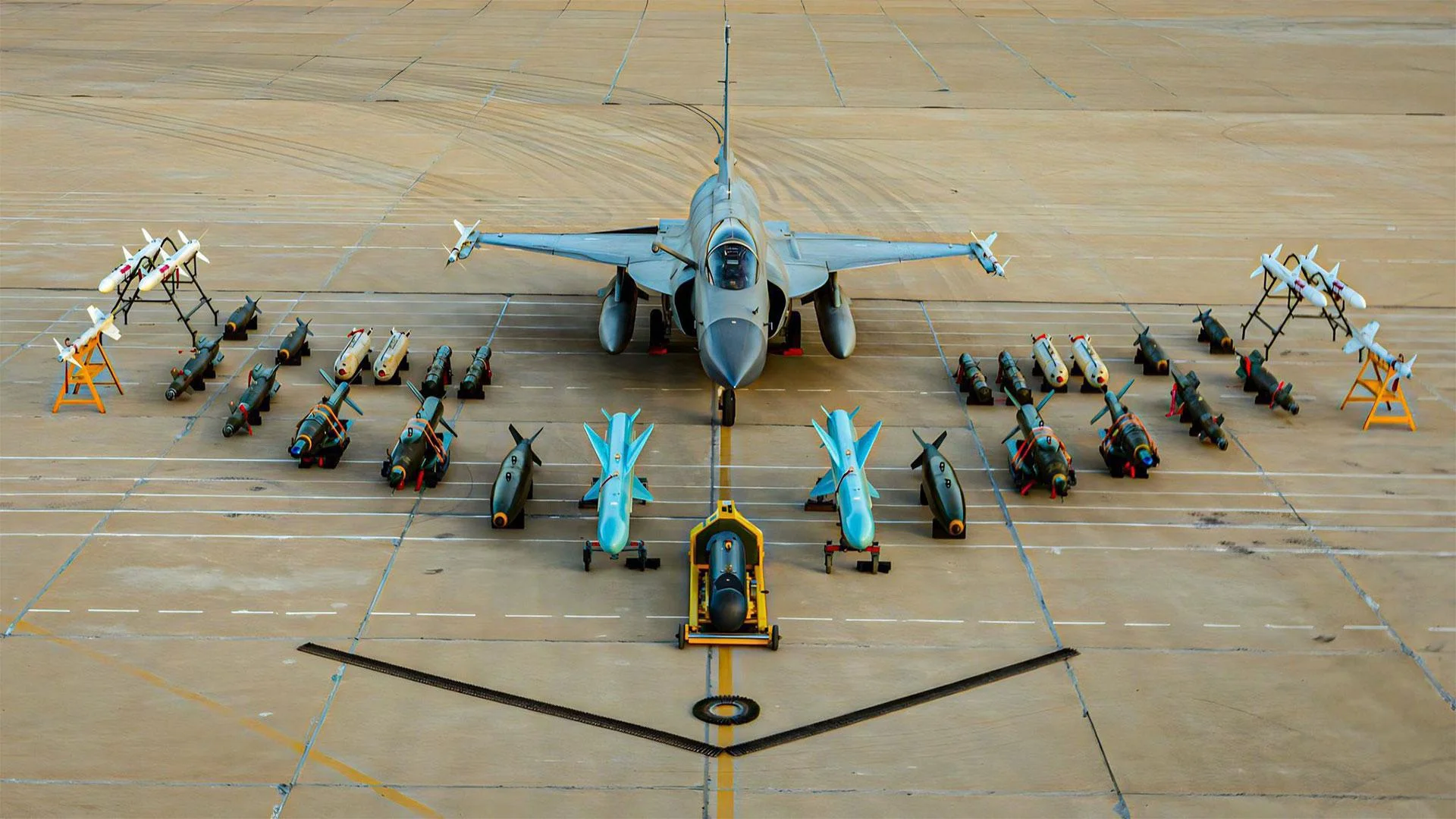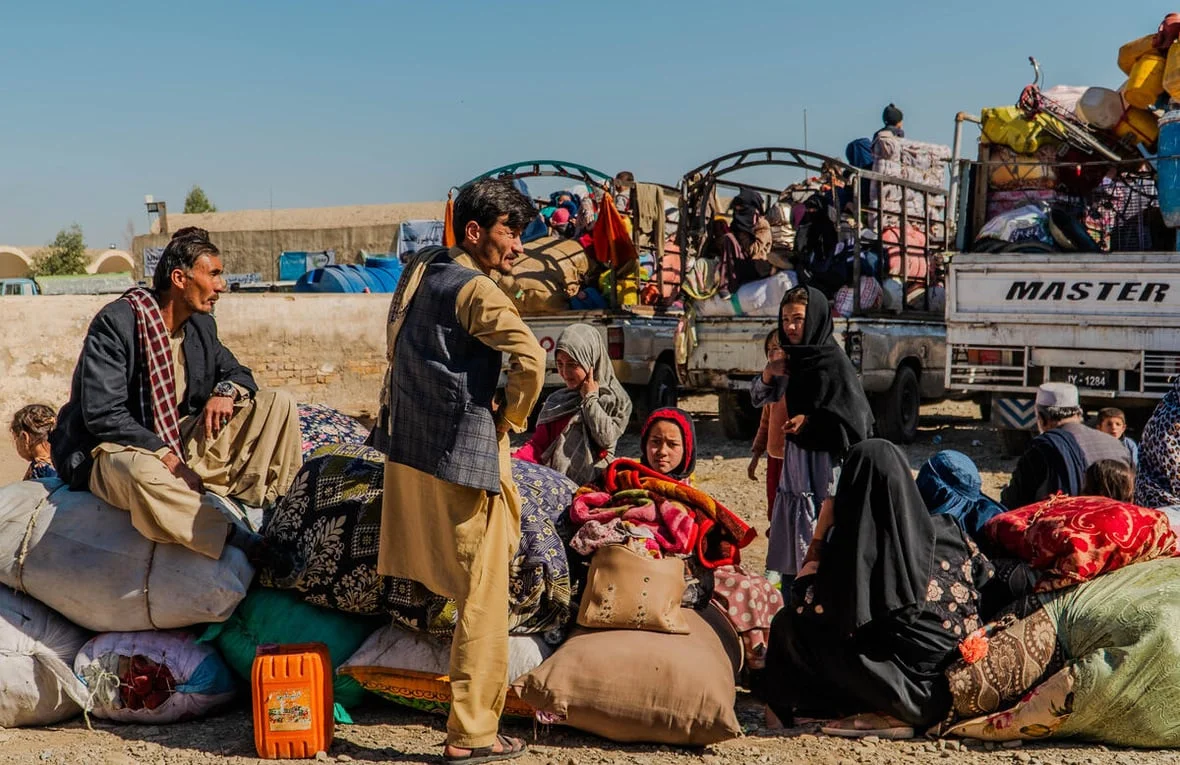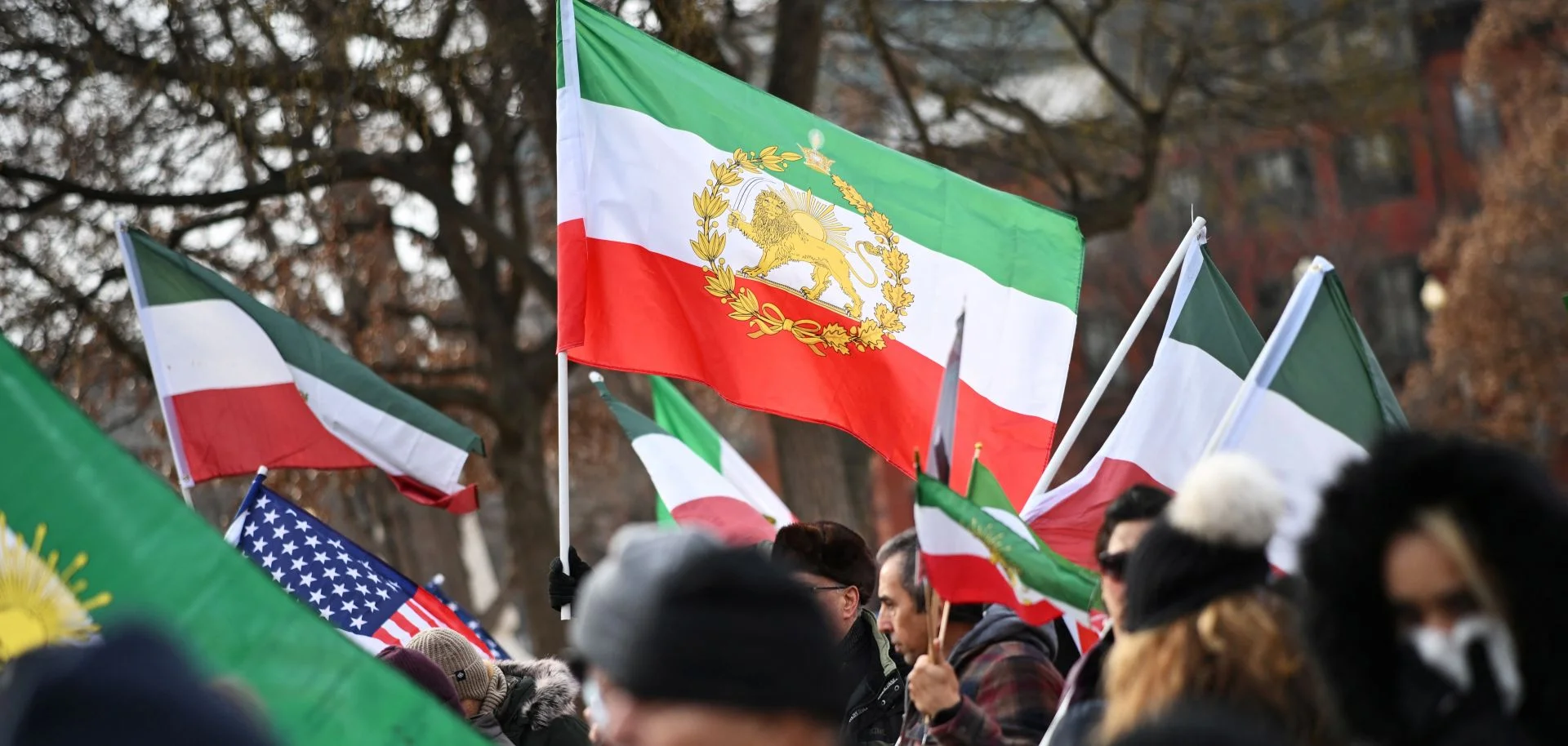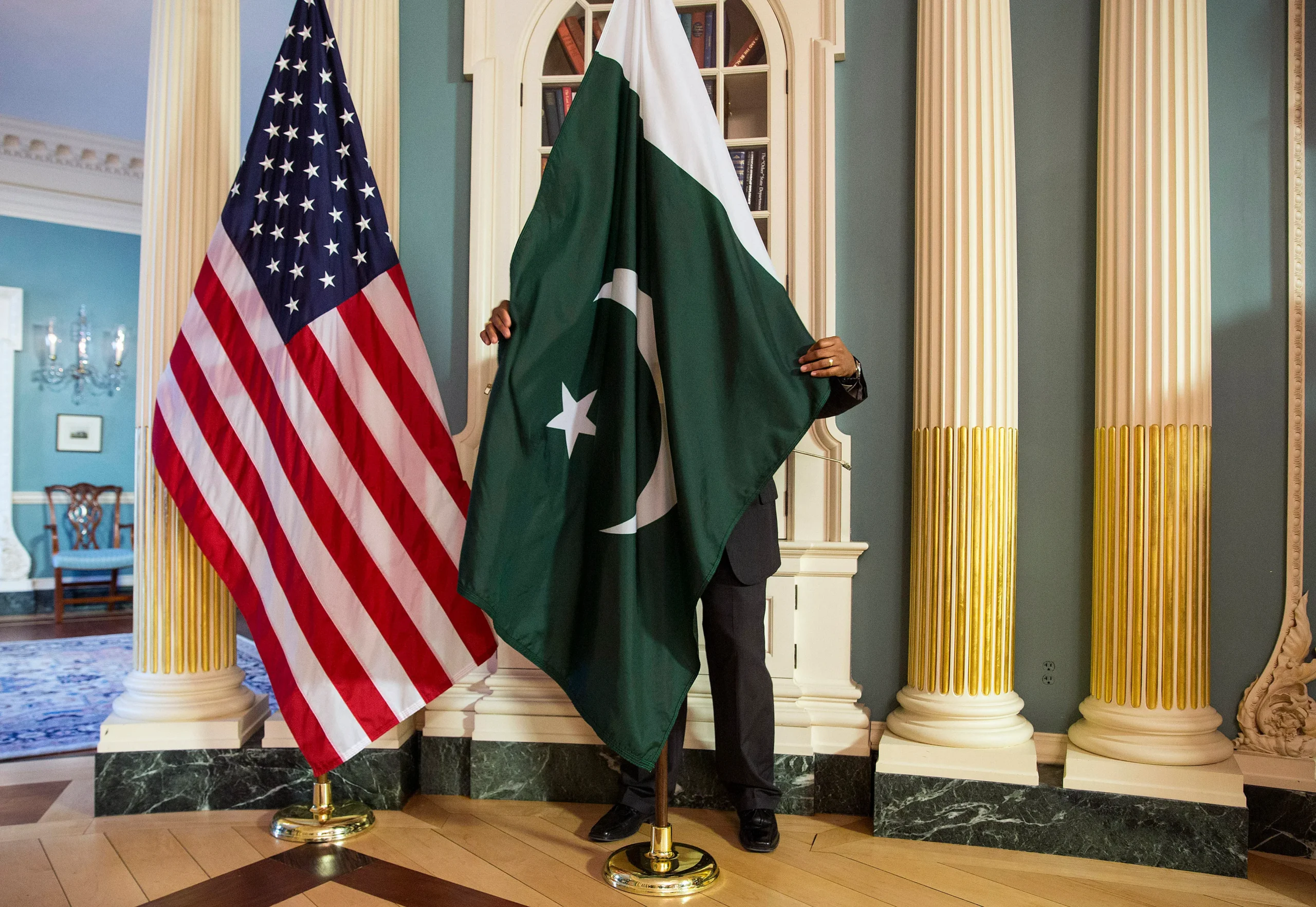Deputy Prime Minister and Foreign Minister Senator Muhammad Ishaq Dar on Tuesday held a bilateral meeting with Iranian counterpart Abbas Aragchi wherein both Pakistan and Iran agreed to deepen bilateral cooperation in all spheres.
The meeting, held on the sidelines of the Council of Ministers of the Economic Cooperation Organisation (ECO), emphasized the importance of strengthening bilateral cooperation between Pakistan and Iran to address regional challenges and enhance economic ties.
During the meeting, they exchanged views on areas of mutual interest and the latest regional and global developments.
The deputy prime minister arrived here on Monday to attend the moot where he would reiterate Pakistan’s commitment to the ECO Charter and highlight the potential of greater connectivity in the ECO region, through the development of road and rail networks; liberalization of visa regimes and simplification of border procedures; and to attain sustainable growth and enhance the geo-economic potential of the ECO region.
Also See: Bridging Borders: Pakistan’s Strategic Ties with Saudi Arabia and Iran
This news is sourced from APP and is intended for informational purposes only.

![Pakistan and Iran agree to deepen bilateral cooperation in all spheres during a meeting on the ECO Council of Ministers' sidelines. [Image via APP]](https://southasiatimes.org/wp-content/uploads/2024/12/Iran1-1024x634-1.webp)
